SafetyNEST delivers clear, personalized guidance with easy-to-follow steps so you can create a healthy home for you, your baby and family.
Planning, pregnant or new family?
Reproductive health provider?

Two-Time HHS Innovator Award Winner
Recognized in 2023 and 2024 for advancing evidence-based solutions that protect families from harmful endocrine-disrupting chemicals (EDCs).



“SafetyNest provides evidence-based recommendations for preventing toxic chemical exposures in the home and preserving the health of individuals and their families, across the lifespan – a very important contribution to the public health..”
Dr. Linda Giudice, MD, PhD, FACOG, FRCOG (hon)
Distinguished Professor / Founder, Program for Reproductive Health and the Environment University of California, San Francisco / Chair of the Committee on Climate Change and Toxic Environmental Exposures of the International Federation of Gynecologists and Obstetricians (FIGO)

Get Easy Tips to Prevent Toxic Chemicals in the Home
Never microwave in plastic, plastic cling wrap or Styrofoam.
Heat releases harmful chemicals from plastic. Use glass or ceramic dishes instead.
Select paint, glues and flooring that are VOC-free and water-based.
If you are pregnant, avoid working on remodeling projects and stay away from recently remodeled rooms. Materials that are not VOC-free or water-based can release toxic chemicals long after they are used.
Avoid store receipts.
Most paper receipts are coated with BPA or BPS, which can be absorbed through skin and are linked to potential health issues. Instead, ask for an electronic receipt. If you do take a receipt, wash hands after handling.

Get your personalized BetterNEST Score!
Take our short quiz to get your personalized BetterNEST Score—a snapshot of your home’s environmental health risks and how to reduce them for you and your family.

SafetyNEST partners with respected leaders in reproductive, environmental and public health to keep you informed with the most current, evidence-backed research and findings about toxic chemicals.
Learn What You Need To Know

Sleep Area
Preparing a healthy, safe “nest” for your baby is a top priority, no matter how small or large a space you have. When you’re looking for products to put in your nursery – from a crib to diapers to electronics, consider these tips.
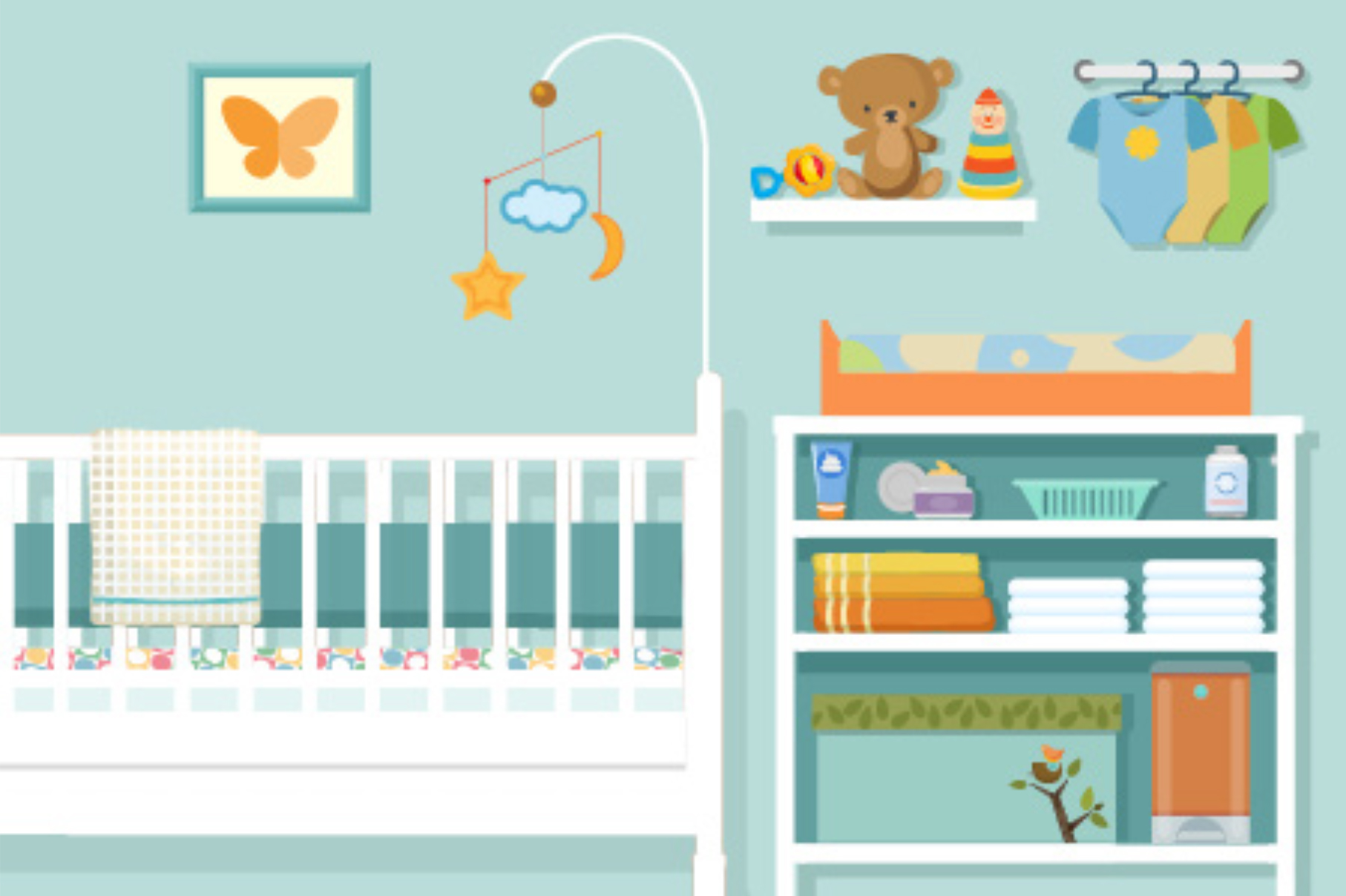
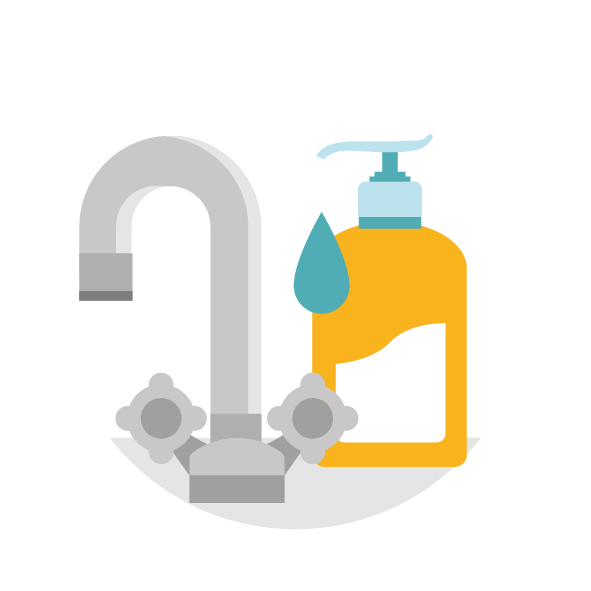
Bathroom
We all try to keep our bathrooms free of germs, but what about toxic chemicals? Unfortunately, they can be lurking in many products. Explore these tips to make bath time not only fun, but healthy, for you and your child.
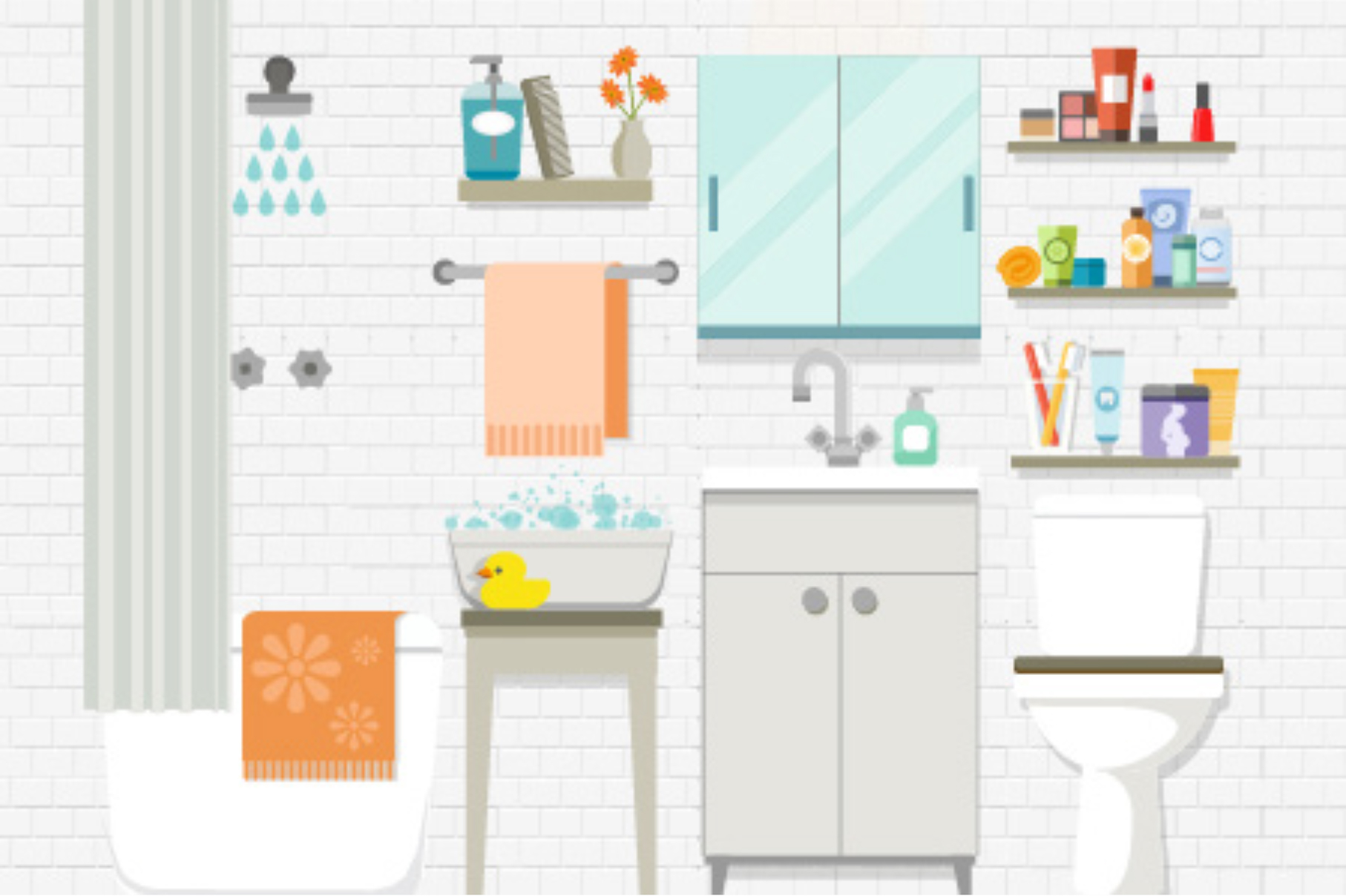
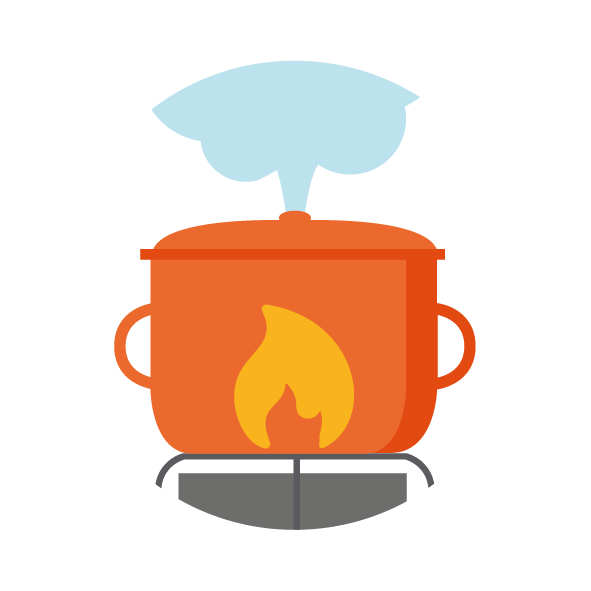
Kitchen
The kitchen is the heart of your home—but it can also hide a few unwanted ingredients. From cooking to cleaning, small swaps can make a big difference. Use these tips to keep your kitchen healthier and safer for your family.
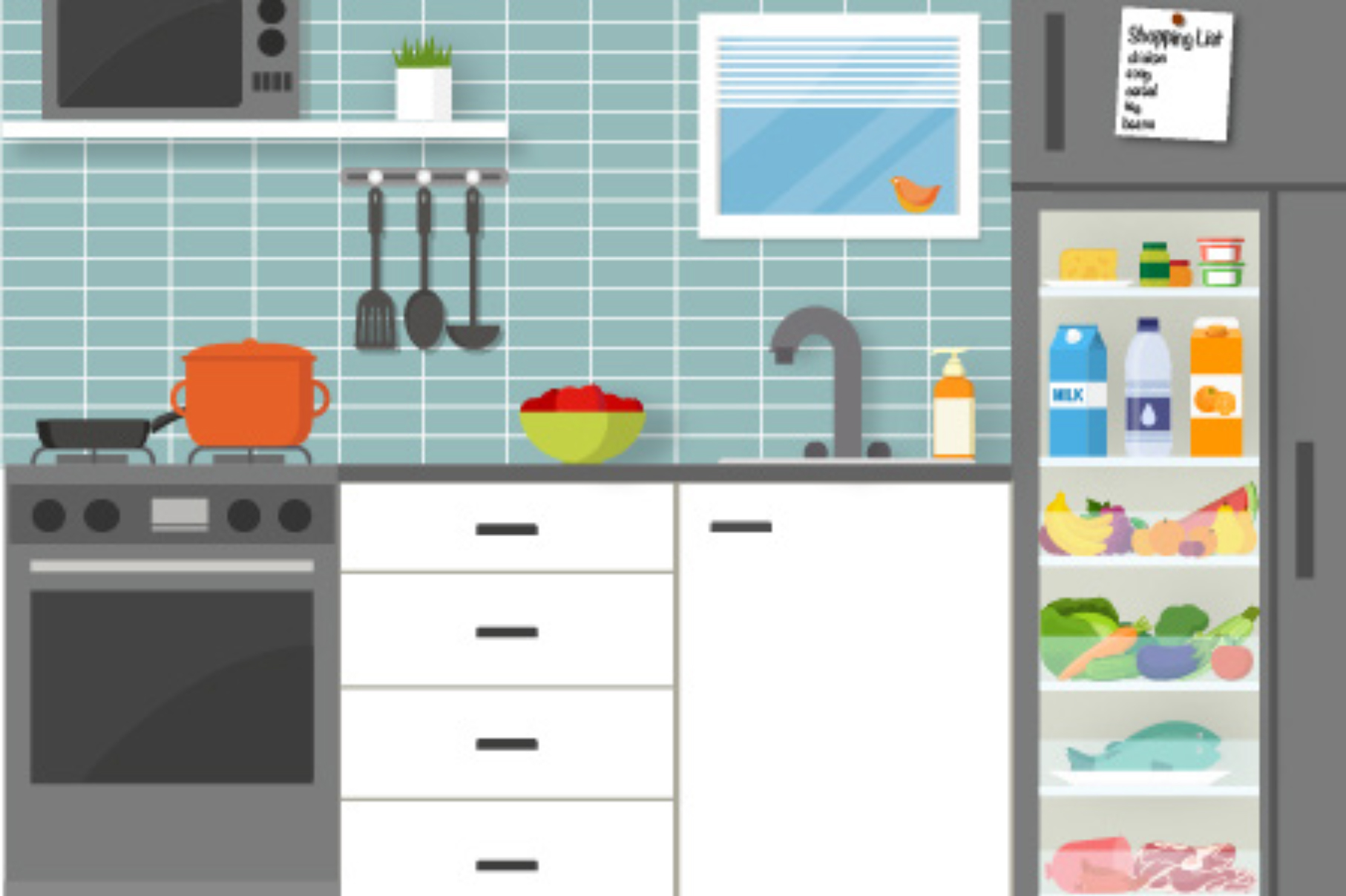
Browse In The News



















































